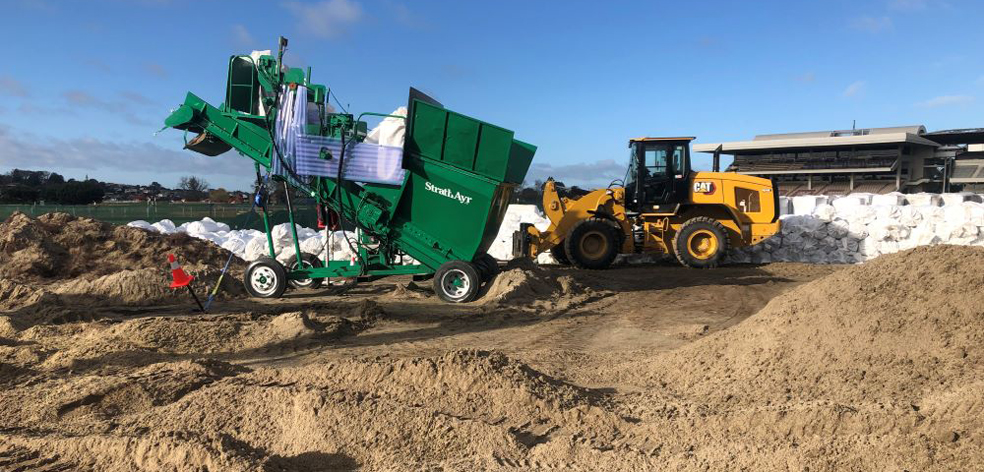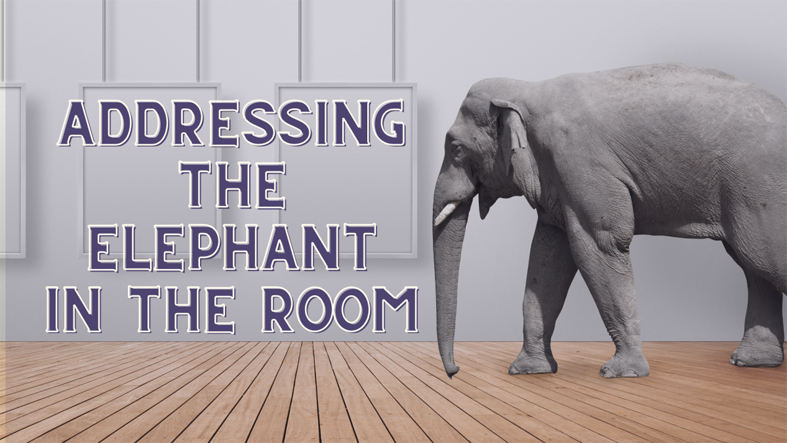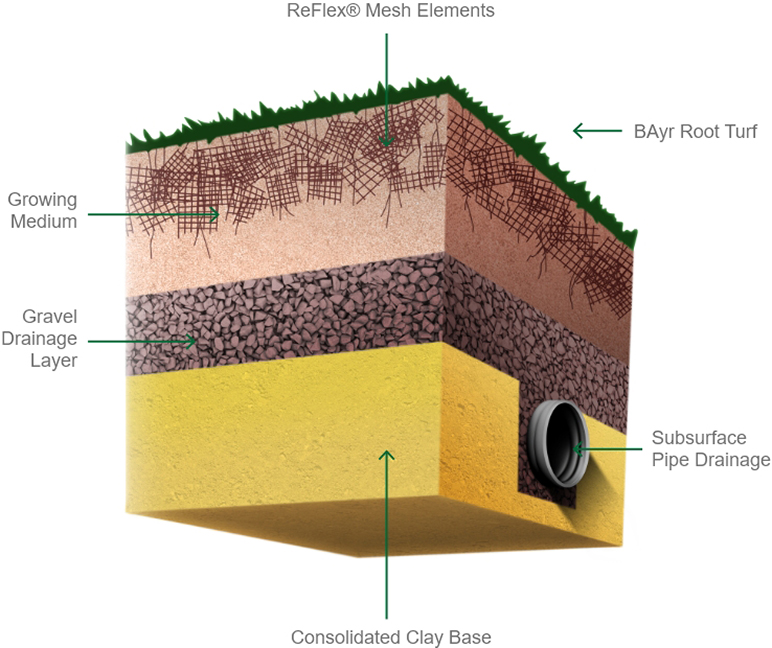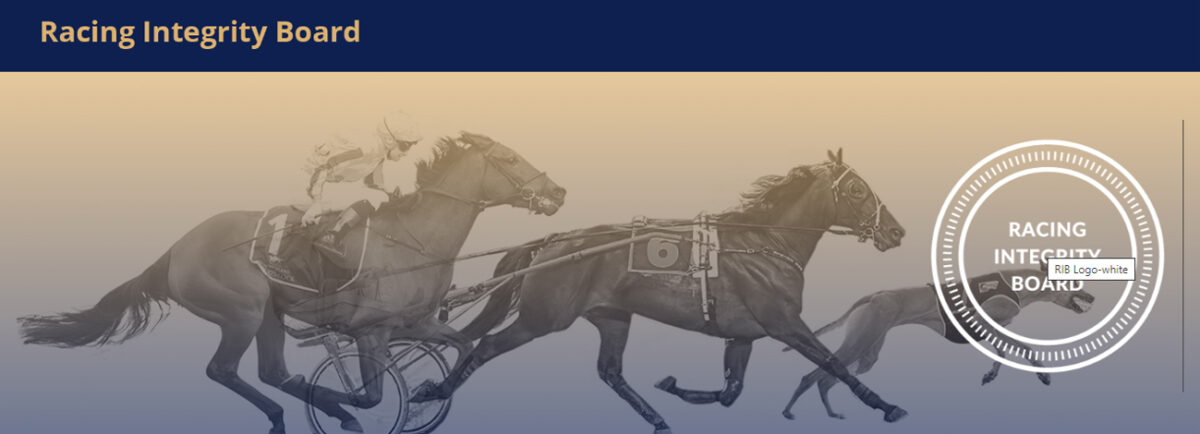by Brian de Lore
Published 10th August 2022
Suppose you said this world we live in today has an unrecognisable skew to it, utterly foreign from what we knew even a short five years ago. In that case, you could be talking about politics, extreme climate events, violence, crime, inflation, cost of living, education, All Black rugby, work prospects or the potential for world war, etc.
All of the above have declined in standards or present a greater threat today, and the decline of racing runs parallel to them all. However, a light’s shining at the end of the NZ racing tunnel, and if the stars can see their way to align, the potential for better times do exist further down the track.
In the meantime, the Racing Integrity Board has become the elephant in the room. The Racing Industry Act 2020 transformed the Unit (RIU) into a Board (RIB) with autonomy, power, and an inflated budget, all activated by the then hapless Minister of Racing Grant Robertson.
Robertson appointed an equally hapless bunch of over-paid dinosaur-like ex-judges and policemen with no racing knowledge, expecting them to exercise justice in an industry in which they are ill-equipped and inadequate.
But firstly, let’s take a look at the shining light for racing’s future.
The Messara Review stressed Recommendation Seven of the 17; to outsource or partner TAB NZ with the likes of Tabcorp or an Australian registered corporate like Sportsbet, Ladbrokes, Bet365, etc.

We now know that NZRB (now known as TAB NZ) in the Glenda Hughes/John Allen reign received an up-front partnering offer in the vicinity of $50 to $100 million. Stakes could have almost doubled, as the Messara Review said it would, but no, Glenda and John, in their infinite irrationality, went and signed the industry up for a $50 million Fixed Odds Betting platform with $17 million annually to pay Openbet and Paddy Power for ten and five years respectively.
All up, a $200 million noose around NZ racing’s neck. That has proved a major fiscal obstacle, but a legal option may now exist to gain a release from the contract or, failing that, for the TAB to buy themselves out.
A release from that contract would see TAB NZ unencumbered and free to negotiate a partnering arrangement. Even better, TAB NZ has suddenly risen in value to the tune of hundreds of millions (possibly as much as $1 billion) because of two substantial new money-spinning changes that will occur within 18 months to two years.
The first – geo-blocking betting in New Zealand, as they have done in Australia. When in Australia, you cannot bet with a betting agency outside the country. The round-figure estimation of $480 million bet annually offshore by New Zealanders would divert to TAB NZ.
NZ punters deserve a better product
To deflect the betting to TAB NZ, the geo-blocking has to coincide with the partnering arrangement with an overseas betting agency because the unacceptably poor product dished up by our TAB. New Zealand punters would only buy into it with all the options and better odds – the current deal insults the betting public.
The calculation of overseas online betting losses of $480 million annually comes through Kiwibank monitoring the monthly amount it processes for all forms of gambling, including online casinos. They process $30 million a month through credit cards, and Kiwibank represents only 15 percent of New Zealand’s banking turnover.
The second big money-spinner comes with the advent of Ellerslie’s StrathAyr track, currently under construction. Completion of the surface at Auckland Thoroughbred Racing (ATR) should come within a year, with the second half of 2023 scheduled for bedding-in the grass to develop a robust root system before the prospect of the first major meeting on the new surface on the day of Karaka Millions, January 2024.
Ellerslie’s StrathAyr will attract overseas betting
With the $40 million new StrathAyr surface the equal of any in Australasia, Ellerslie will race for substantial stakes and utilise New Zealand’s unique time slot to offer regular racing of the highest standard. The stakes will attract the best horses, and the potential to beam Ellerslie racing into Hong Kong, and other Asian and American courses, will draw a massive financial reward, benefitting racing nationwide.
When the New Zealand Derby went televised into Hong Kong this year, it attracted massive betting for the one-only race. The total HK turnover amounted to $NZ5.5 million for just the Derby against the total NZ off-course turnover for ten races amounting to $4,143,775.
An entire race card beamed into Hong Kong regularly would result in an off-course betting record and change the face and the fortunes of New Zealand racing.
It still needs to happen; the stars need to align, but the benefits of New Zealand gaining international exposure with a high standard of racing might attract a flush of overseas investment into our breeding and racing. Ellerslie will reestablish itself as the showplace, and with the better stakes on offer, selling all our best horses overseas would slow down.

There’s no future in running Group One races at places like Otaki on a Heavy10 where dubious quality fields hug the outside fence looking for a winning lane. Racing in NZ can’t continue to embrace mediocrity while we sit on our hands and look enviously at a screen depicting the high-quality product seen coming from Flemington, Moonee Valley, Randwick, and Rosehill.
We can’t beat them, so let’s join them. More than that, let’s make these changes and ensure NZ racing survives. The status quo presents as a poor option.
Provincial mindsets need casting aside. We should applaud Auckland Thoroughbred Racing for dispensing with their committee and replacing it with a professional board of five, now extended to seven, who have carefully developed a plan that will significantly increase the quality of the product. We need leadership, and Auckland Thoroughbred Racing is showing it.
But back to addressing the elephant in the room.

The RIB has mushroomed into a significant problem for the industry. In changing from a ‘Unit’ to a ‘Board,’ it has assumed a more powerful, autonomous position of control through the wording of the Racing Industry Act 2020 and endorsed by Grant Robertson.
It wouldn’t be so bad if the industry viewed the RIB as an efficient, fairminded organisation that displayed a good knowledge of racing and treated all participants equally. It does not apply – instead representing a danger to racing because the RIB wields a big stick on an industry in which they possess too little knowledge while costing it a fortune.
Think about how racing has contracted over the past half a dozen years, and then consider the six years since the 2015-16 season when the RIU cost $5.8 million – a figure thought to be excessive at the time. In the 2021-22 season just finished, the RIB has blown the budget of $14.2 million out to an estimated $16 million while many in racing at the grassroots level struggle to survive financially, and others consider Australia as a means of staying in the game.
Why do they cost so much, you ask? The RIB employs 40 permanent staff and 120 casual or contracted staff – what the hell do they all do? CEO Mike Clement is probably on $350,000 annually (I’m guessing), with additional anecdotal evidence of wastage by stipendiary stewards.
For example, take a recent case of stipes travelling by car from Dunedin to Oamaru races, a journey of 75 minutes, and incurring overnight expenses instead of returning to Dunedin the same day. This type of carry-on happens with regularity. Stipes are like musical chairs flying all over the country.
The RIB had inexpensive office rentals at the ATR offices at Ellerslie but opted for independence by shifting about 400 metres to the more salubrious and expensive Level Two of the modern Ascot Central Building on the outskirts of Ellerslie racecourse.
RIB spending out of control
How much money have they wasted on Operation Inca, a bungled sting on four harness racing people emanating from taped phone conversations in which the police and the RIB have alleged race fixing, but in the ongoing four years the case has lasted, no charges have ever eventuated through lack of evidence.
The incompetence of authorities in not knowing the difference between the discussion of race tactics and race fixing has not only cost the industry a fortune and damaged racing’s reputation, but the accused have all needed their own legal advice, one known to have spent $220,000 alone – and one of the alleged fixed races turning out to be a trial.
How much in legal fees has the RIB wasted on that one?
What about the trainer who had his stables raided just a week or so ago, and after a squad of RIB detectives failed to locate anything illegal, female stable workers experienced the indignity of a line of inappropriate questioning of possible sexual harassment by the trainer – trying to manufacture a complaint rather than acting upon a genuine one.
An industry employee close to the action has commented that CEO Mike Clement, who spent 42 years in the police force, believes that most horse trainers are crooked, and his job is to nail them. The industry as a whole feels that the RIB is trying too hard to discover breaches of the rules and justify their existence and extraordinarily high costs with a consistent flow of harsh disqualifications and fines.
I take the view that racing in New Zealand has fewer misdemeanours today than at any time in the past and is full of passionate horse people trying to get on with their business and survive, but now subjected to the siege of this overzealous RIB.
Crooks invade every industry, and that includes the police force itself. The racing industry is strictly regulated and far less corrupt than the building industry, government departments, and even the legal profession – that’s food for thought.



Awesome Brian
Hopefully some one reads it and takes it for what it is …and is in a position and of fair mind and to do something about the areas of concern!!
A fair informed article on the state of NZ racing today as most of us see it!!
Gidday Brian,
You know me and the years I’ve put both paid years and years in NZTB as chairman and 33 years on committee and Chairman on Counties Racing Club in this industry…. I’m absolutely gutted as to what’s happening now… I have 2 mares foaling here in NZ this year and have possibly 5 mares to go to stud….. NO ways I’m going to send any of them to be covered as I’m stretched out and won’t send a mare to be covered if I can’t pay whatever at the other end.
Well-researched and well-written article, Brian.
The RIB seems to be going down the path exploited to the nth degree over many decades by totalitarian states (and now creeping into American political life) of investigating people and hoping to find crime rather than investigating crime and hoping to find people.
But I am annoyed about the geo-blocking. I play cards on an irregular basis at the PokerStars website. About six or seven years ago the American players all disappeared, an action taken by the Obama administration for reasons that escape me. And then two or three years ago the Aussies went too . . . and I’m guessing that was a result of geo-blocking.
I’d have no beef with Aussie bookmakers being barred from taking Kiwis’ bets on Kiwi races if there was no return to the New Zealand industry but I find it hard to swallow being refused permission to play on-line poker because some bureaucrat in Wellington can’t distinguish between bookmaking and running a card school.
BC you are so right. Thanks BC for your Wonderful years of involvement for Counties and Racing . The foal crop this season will be the lowest ever. About 2,388 .Brian.
Stallions standing at fees that are unjustified. Then the breeding costs to get to yearling stage.
About 30 k plus service fee.
Turn Me Loose at 20K, ( I think my mare, Nimue’s daughter, in foal to TML would struggle to make 30k on Gave House. )
Shocking at 12K over priced.
Cheers
Rev Somervell
0212562688
I have been railing for several years now about our so-called racing judicial unit, but I confess to being utterly horrified by the number of people Racing Integrity employs and the projected expenditure of $16M p.a.
To do what one asks ?
It is well known that I am a Pom with a background in racing mostly professionally for almost 70 years in UK & New Zealand – 48 years in the latter case. I have quite probably viewed more races worldwide than anyone else in this country.
I can state without fear of contradiction that by and large NZ Racing is the most honest and straightforward in the world. I can say for sure I would see more non-triers in an afternoon in the old country than I have ever seen in NZ. I well remember riding in novice hurdle races with a good number of runners and at the start the riders talked among themselves and those that were “off” were allowed to take the inside berths!
Of course, there is a need for a judicial body but a Board – ugh. The entire system could easily be run by about half a dozen Stipes – one’s that have extensive racing knowledge and responsible to a Manager, who in turn reports to the Head of Thoroughbred Racing. The Manager should have ready access to technical assistance of a calibre that can advise and detect the designer drugs than seem to be endemic in some racing countries, it is said perpetrated by major concerns. It may be naïve for us to think we are not in danger from such threats – but have we heard of the Integrity Army widening their attacks – not a chance, they prefer to harass stable girls in search of illicit sexual adventures with those dreadful trainers or so we are led to believe.
For Lord’s sake New Zealand and all its racing professionals let’s mount a campaign to resort to normality and get at least $10M back in racing’s coffers where it belongs.
To change the subject NZ Jumps racing shows every sign of being in its death throes. It was the subject to an excellent article by Andre Klein, late of Otago racing and now supremo in UK at Warwick and a big noise at Cheltenham.
So here’s the question . Australia has five times the population and the punters bet 4 times as much as NX and we’ve seen what Hong Kong bets.Why are we worried about us betting on their platforms ? What we want is for them to bet on our races and they pay a percentage to us on what is bet on our races and visa versa no matter what platform
The key is not to stop us betting on other platforms it is just to ensure we get the levy from these bets on our races. which we open up to world wide platforms.
Just imagine it it worked where each nation was free to bet where they wanted but they paid a levy for NZ product, wouldn’t the competition sort out which were the viable platforms and drive efficiencies and encourage NZ to put on races worth punting on and make our race presenters and race marketers improve to world standard
Just to emphasise just imagine if we closed or severely reduced our TAB platform and the money running our betting platform was spent on producing races and marketing it to other world platforms